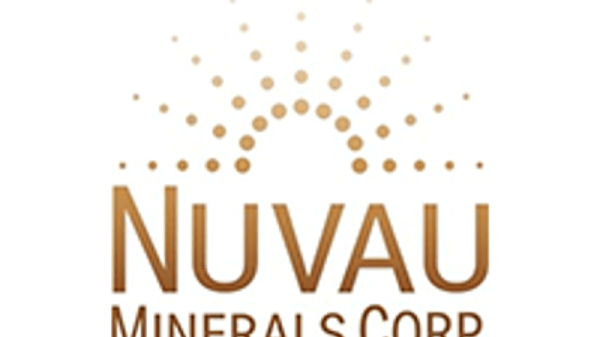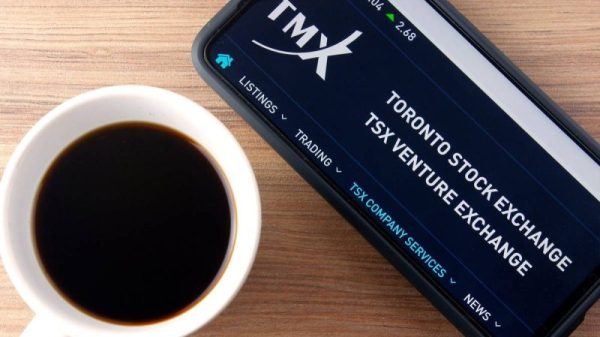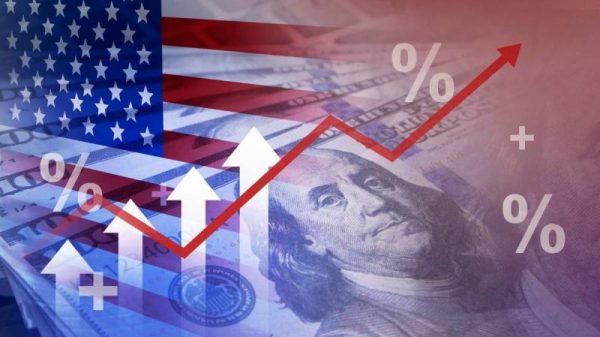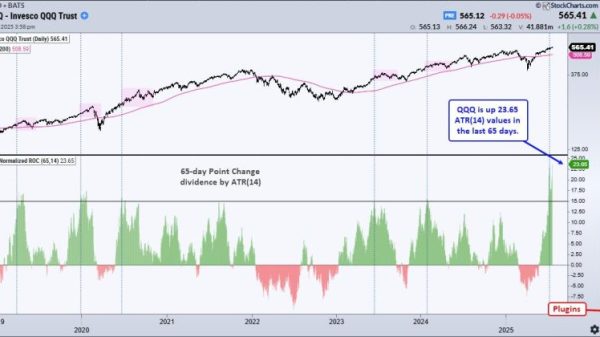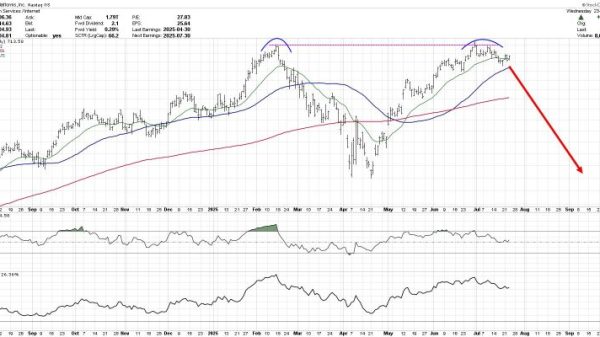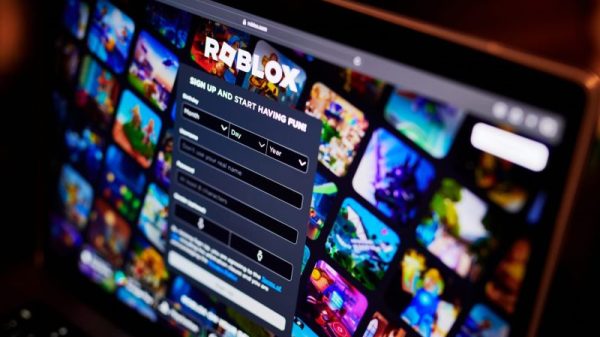Americans in 2024 again have a source of news that they agree is reliable and to which they turn regardless of party or age: the Weather Channel.
After that, though? It’s a dogfight.
Last May, YouGov released polling showing that the Weather Channel was afforded respect and viewership uniformly by Americans — a noteworthy achievement attributable to the most controversial content on the channel being the naming of winter storms. In the 2024 iteration of the poll, the channel retains that position.
What’s interesting about the data is that trust in a source for news and reliance on that same source don’t run in parallel. Among all respondents, the Weather Channel earned the most trust but, for understandable reasons, wasn’t the source for news most likely to have been used by respondents in the past month. (It has a specialized focus, after all.) The second most trusted was PBS — but it was ranked 21st in how often people cited it as a source for news.
There was generally a correlation between those two attributes: viewership and consumption. But there were also outliers, sources for news that saw more use even if they also weren’t granted a lot of trust. And those outliers differ noticeably by party and age.
We can graph this to show the differences. Here, a news source viewed as more trustworthy by a group — overall, among Democrats, by those ages 65 and over, etc. — is higher on each chart. A news source that more members of that group said they used in the previous month are further to the right. So a highly trusted, much-used source of news would be at top right. A source like the Weather Channel, trusted but not used much, is higher up but on the left.
Notice which sources for news stand out below. We’ve put them in red (and bolded The Washington Post out of an abundance of vanity).
YouTube and Facebook are often sources for news but not trusted much. Fox News is trusted more among Republicans, who also rely on it more. Among Democrats, a lot of sources of news are granted a lot of trust — far more than is the case among Republicans.
This is a bit misleading because there are a lot of sources for news that respondents didn’t have strong opinions about. We can correct for that, showing trust in sources only among those with an opinion. The effect is that things stretch out a bit — and we see that some sources suddenly stand out. Like Fox Business among Republicans, which now overlaps with the Weather Channel.
Notice also how younger respondents were more likely to use internet-based news sources.
Generally, outlets that are more trusted have more people using them for news. Among the least-trusted quarter of sources YouGov asked about, only about 5 percent of respondents on average had used them for news in the previous month. Among the most trusted, three times as many had.
But this, too, changes when we overlay partisanship.
The most-trusted outlets among Democrats saw far more usage than the least-trusted ones. But among Republicans, the difference was more subtle — in part because Republicans express more distrust for sources they rely on for news anyway. Only a quarter of Republicans said they trust ABC News, for example, but it was the seventh-most used news source among members of that party.
This divergence is explained in part by Republicans’ frequent assertion that sources for news skew liberal. Nearly all the sources YouGov included were more often described as liberal than conservative by Republicans. They were also deemed less trustworthy.
Among Democrats, most outlets were placed near the ideological middle — except the less-trusted ones. As YouGov’s analysis notes, five of the 10 least-trusted news sources were identified as skewing right. Three skewed left.
(The charts below plot trust — higher means more trusted — against perceived partisanship. Larger sources are ones the identified group was more likely to identify as a recent source of news.)
Another interesting pattern by age here: Older respondents were more likely to view sources of news as partisan than were younger ones.
None of this is really surprising, certainly. It comports with how we generally understand the media landscape. But it is an important reminder, in this election year, that many Americans don’t have much trust in well-known media properties.
But they often rely on them for news anyway.

